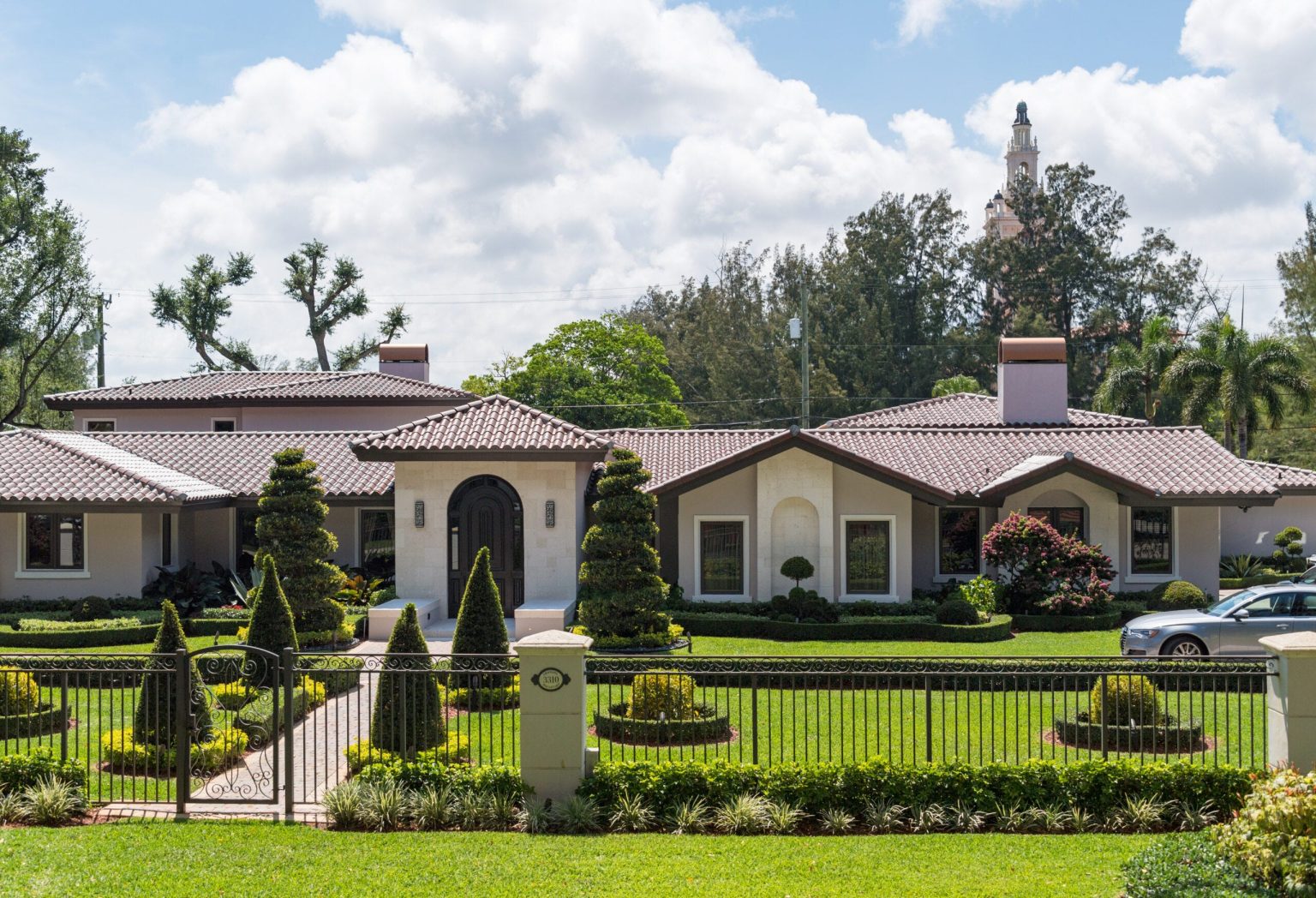Mortgage rates have been on the rise recently, with the average 30-year fixed-mortgage rate sitting at 7.34% today, a slight increase from the previous week. On the other hand, the average rate for a 15-year fixed mortgage is 6.74%, which has decreased by -0.02% in the same timeframe. The Federal Reserve has been hesitant to make rate cuts due to stagnant inflation data, which has implications for mortgage rates. While rates may still drop later in the year, predictions for the housing market regularly change based on economic data and other factors.
There are different types of mortgages with varying loan terms to consider. The most common mortgage terms are 15 and 30 years, but there are also options for 10-, 20-, and 40-year mortgages. Fixed-rate mortgages offer stability with an interest rate that remains the same throughout the loan term, while adjustable-rate mortgages have a fixed rate for a limited time before adjusting annually based on market conditions. Factors such as how long you plan to live in the home and interest rate fluctuations can determine which mortgage type may be the best fit for your situation.
The 30-year fixed-rate mortgage is the most common choice, with an average rate of 7.34% today. While this option typically comes with a higher interest rate compared to a 15-year mortgage, it offers a lower monthly payment. On the other hand, a 15-year fixed mortgage has an average rate of 6.74% today, allowing for a lower interest rate overall and a quicker payoff period despite a larger monthly payment. Meanwhile, a 5/1 adjustable-rate mortgage offers a lower introductory interest rate for the first five years before potentially increasing in subsequent years.
The Federal Reserve’s decisions around interest rates have a significant impact on mortgage rates. In recent years, high inflation and interest rate hikes led to higher mortgage rates, constraining homebuyers’ budgets. While the Fed has held the federal funds rate steady, the housing market faces challenges due to elevated mortgage rates, limited inventory, and low wage growth. Predictions suggest that mortgage rates may end the year between 6% and 6.5%, depending on how the economy performs and how quickly the Fed adjusts interest rates.
Experts anticipate fluctuations in mortgage rates based on a variety of factors such as inflation, economic growth, and geopolitical events. While rates are not expected to return to the historic lows seen in the early 2020s, there may be some volatility in the market. Monitoring inflation data, labor statistics, and other economic indicators can provide insights into the direction of mortgage rates. Homebuyers can use tools like mortgage calculators to estimate monthly payments and prepare for the financial implications of buying a home in a changing market.












